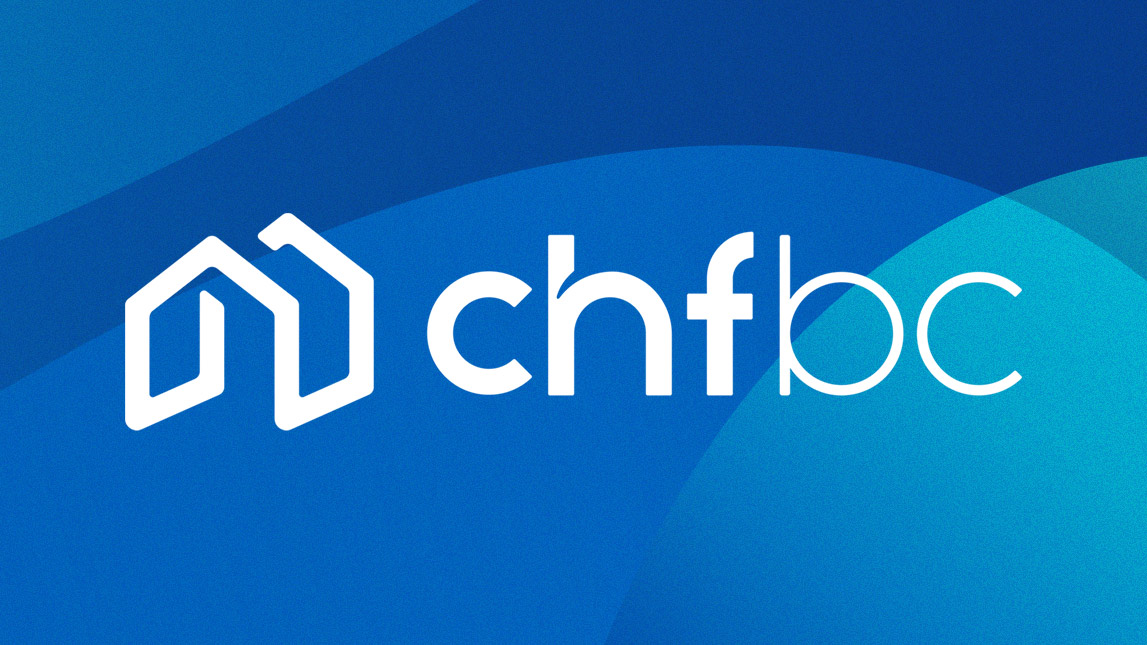FREQUENTLY ASKED
QUESTIONS
Maybe you are considering co-op housing? Maybe you already have a co-op home and you are getting used to the way things work? Maybe you are a board member?
Whatever your situation, you’re probably not the first to have questions! Here we try to answer some of the most common questions.
Note: Some of the answers below refer to CHF BC’s Model Rules. They give the details about membership types, how general meetings work, co-op financial decisions and more. Be sure to compare the Model Rules with your own co-op’s Rules. Your Occupancy Agreement is a Schedule to the Rules.

“What do I need to know as a first-time co-op member?”
"I'm moving into a housing co-op and I want to understand the basics."
Some people compare living in a housing a co-op to renting; some compare it to owning. In truth, co-ops are unique — they are their own thing. They are not covered by the laws the apply to renters (Residential Tenancy Act), and they are not covered by the Societies Act The law that guides housing co-ops in BC is the Cooperative Association Act (the Co-op Act).
- Check out our video (soon in multiple languages) for an introduction to housing co-ops.
- Your co-op may have staff or a management company. They are a good source of information.
- Make sure you know where to find you co-op’s policies and rules. Many co-ops will provide a member handbook or policy manual.
- Don’t be afraid to ask questions! It will take a bit of time to learn how your co-op works.
Co-ops don’t talk about rents, but about housing charges. - You will get more out of your co-op experience if you can get involved in some way. All co-op members have a right to vote in member meetings, but most co-ops have multiple ways to get involved. Most co-ops have committees (e.g. gardening, social, sustainability, etc.) and many have social events or clean-up sessions. Learn how you can contribute and get to know your neighbours!
“Who controls the co-op?”
Members — together — control many aspects of how the co-op works.
One of the most important powers of members is to vote for a board of directors. It is the directors who are responsible for the day-to-day management of the co-op. That doesn’t mean they do all the work, but they are responsible for making sure the work gets done. Because directors have responsibilities to the co-operative, the board members have powers to take some kinds of decision without consulting with the entire membership. The balance of powers between general members and the board is set in the Co-op Act and by the co-op’s Rules.
Co-ops must have an annual general meeting (AGM), but they may have other kinds of meetings where decisions are made. At an AGM, members get to vote for a board. They may also receive information from directors, an auditor, or other professionals. General meetings often include votes on financial matters, such as whether to approve changes in housing charges.
Co-ops often have contracts with other organizations. Those organizations can be governments (e.g. maybe your co-op leases land from a municipality) or financial institutions (maybe your co-op has borrowed money from a bank or credit union to pay for building repairs or upgrades). Those agreements with other organizations can also affect co-op decisions.

“What role does government play?”
It depends!
Sometimes governments aren’t really involved in co-op business. In other cases, government does play a significant factor.
This can be the case where a co-op:
- leases land from government
- borrows money through a government program
- receives money so that low-income members can afford to live in the co-operative.
In any of these situations, government may set rules about who can live in the co-op buildings, or what housing charges should be, or what kind of reports the co-op should submit.
All housing co-ops have to follow laws that apply generally, such as human rights and privacy legislation.

“What role does CHF BC play?”
CHF BC provides advice and services.
We are not government, and we aren’t paid by government. We do not control what co-ops do, but we advocate for them when they need our help.
CHF BC is membership association — a non-profit co-operative just like most of our members.
Our members are housing co-operatives (organizations) rather than individual people living in co-op housing. Instead of providing housing directly, we provide services to housing co-ops: we offer commercial services (savings and better service through bulk buying); education; long-term planning; and advocacy support.
Our members associate with CHF BC because they want to, and because they find value in what we offer.
“How do committees work?”
The board can establish committees and give them particular tasks.
There are different kinds of committees: some only have directors, some only have members, and some are a mixture of directors and members. Ultimately, co-op boards retain authority. Committees can be very helpful, but they don’t have power on their own, independent of the board of directors. In general, they can gather information and make recommendations. The final decisions are still for the board.

“My housing charges are going up. Why?”
Housing co-ops are businesses. If they’re going to survive, they need to make sure they have enough money to pay their expenses.
Expenses include things like mortgage or lease payments, property taxes, utilities, insurance, professional fees, maintenance and the long-term replacement of things like roofs and windows. These add up and generally increase over time. Co-ops rely on housing charges (like rents) to cover those costs, so you should expect housing charges to increase.
Co-ops will usually tell you about planned increases at least two months in advance. Sometimes the increases will be very small, but sometimes they will be larger. The rent increase limits in the Residential Tenancy Act do not apply to co-ops. Co-ops offer other protections: generally, members must approve housing charge increases, and most co-ops try to offer support when housing charges become unaffordable to individual households. (Housing charges are usually considered “unaffordable” when they take up more than 30% of pre-tax household income.)
Can my co-op raise my monthly housing charge by more than limits set by the Residential Tenancy Act?
Yes. Because the RTA doesn’t apply to co-ops. Co-ops only increase housing charges so they can meet their expenses.

“What protections do I have as a co-op member?”
Renters face challenges like rental increases, the threat of renovictions, landlords wanting to move back to homes they own, and limited powers to affect the rules they live under.
Members of housing co-ops have more protections (more “security of tenure”).
- Housing charges may still increase every year (like rents do for most renters), but co-op members usually have a say in those increases.
- If members follow the co-op Rules and policies, they can stay as long as they like without worrying about the landlord. (This is true for as long as the co-op controls the land.)
- If your income is temporarily or permanently too low to afford the housing charges, many co-ops offer financial support (often with government help).
- Laws that protect human rights apply to co-op members just like they apply to other kinds of housing.

“How do evictions (membership terminations) work?”
"I am worried I might be forced to leave my co-op."
If you are concerned you won’t be able pay your housing charges, get in touch with the co-op board or management company. Sometimes it’s possible to make payment arrangements that will avoid trouble. Sometimes there may be security of tenure funds to help.
If the co-op board has grounds, they may send you a notice of membership termination. The notice will say why the co-op is acting. It may be:
- because you didn’t pay money (e.g. housing charges) that you owed the co-operative,
(see Rule 5.1 [b] and your Occupancy Agreement sections 4.05 to 4.07) - because of a “breach of the occupancy agreement”, or
- because of “conduct detrimental to the Co-op”.
Conduct detrimental can include damaging (or threatening to damage) co-op property, causing violence, threatening people, and other behaviours.
Understand the reasons for your notice of termination. Check Rule 5. It provides you with a lot of information regarding the process of membership termination. It also sets out the steps that the co-op must follow.
Please note: CHF BC cannot provide legal advice or speak on behalf of a co-op member. Remember that housing co-ops are not covered by the Residential Tenancy Act. Instead, they are incorporated under the provincial Cooperative Association Act. You and the co-op must follow the Act and your co-op’s Rules, Occupancy Agreement and policies. The co-op must follow proper procedures and have grounds for your termination.
If you don’t understand the documents or think the co-op is acting unfairly, you should get legal advice. Community Legal Assistance Society (CLAS) will provide free legal advice to a co-op member facing membership termination. Other places you may find free legal guidance are Access Pro Bono and Legal Aid BC.

Other Languages
We've translated some of the most common questions into other languages. Download a PDF in the language that you prefer.
This work is still in progress. We hope we will soon have materials in several languages:
- Chinese (simplified): coming soon
- Punjabi: coming soon
- Tagalog (Filipino)
- Spanish, Arabic and Russian are also being explored